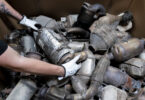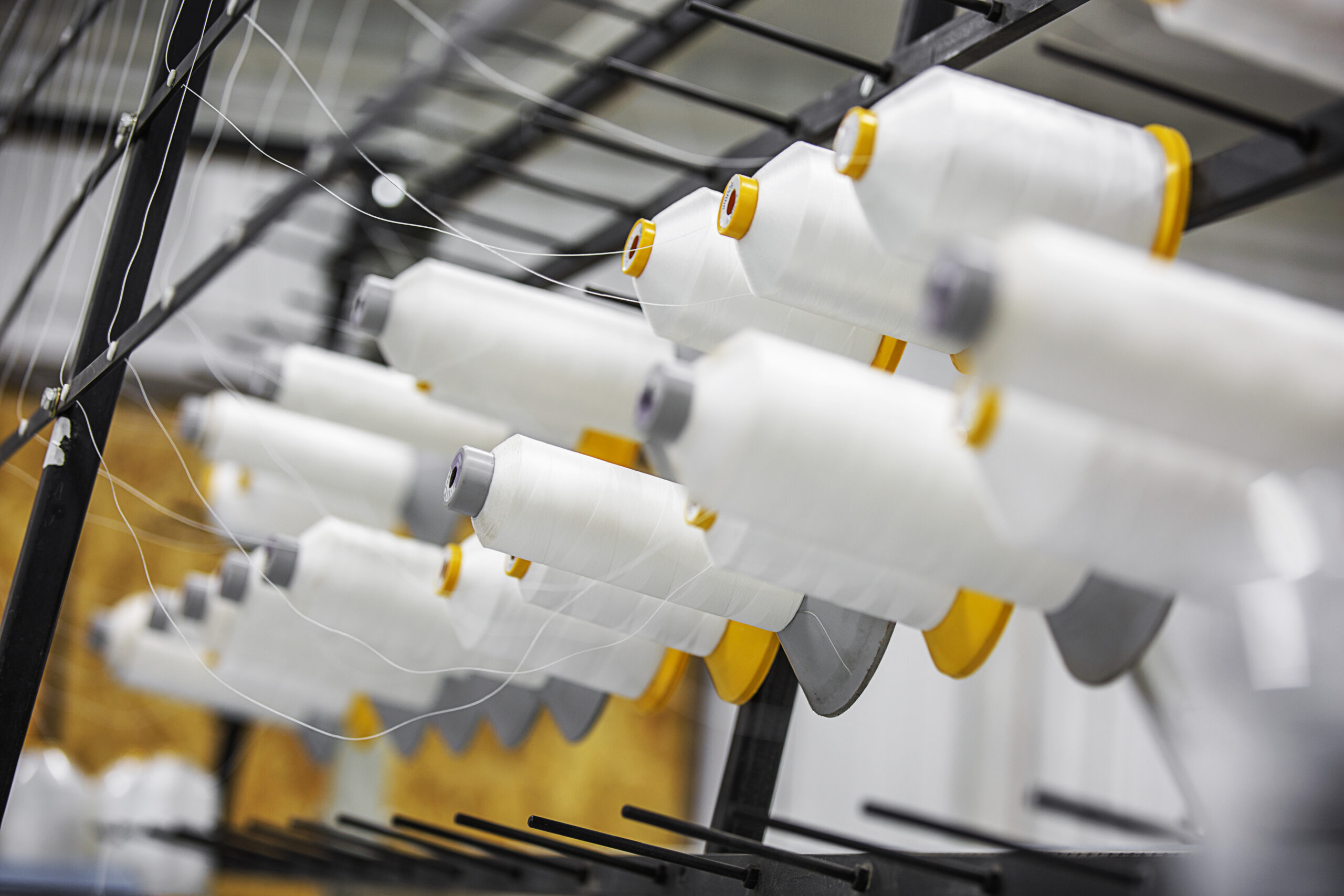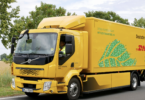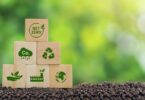Aurubis, a Hamburg, Germany-based global supplier of non-ferrous metals and one of the world’s largest copper recyclers, processes input materials like complex metal concentrates, scrap, organic and inorganic metal-bearing recycling materials, and industrial residues into metals. Now it is intends to add a new revenue stream to the mix: recycling the valuable metals in electric car batteries such as lithium, nickel and cobalt as well as graphite from the black mass that is produced when batteries are crushed by other participants in the value chain.
Black mass is a powdery residue that forms when lithium-ion batteries are dismantled and shredded. The metals recovered in the Aurubis recycling process can then be used for new batteries and other products.
Aurubis is one of a growing number of companies participating in CIRCULAR REPUBLIC, an initiative started in January by UnternehmerTUM in Munich, Europe’s largest center for innovation and business creation.
According to the Circularity Gap Report 2023, the global economy is only 7.2% circular. The goal is to help Europe build a circular economy sector by sector, starting with textiles and batteries. CIRCULAR REPUBLIC wants to act as a neutral incubator and project orchestrator, bringing together established companies and innovative start-ups to jointly create scalable circular economy solutions in the form of application-oriented projects or spin-off companies.
“If we want to transform a sector we need all hands-on deck, including end-consumers, manufacturers, clients and logistic actors and they all need to work together at the same time. That requires incentive alignment and practical implementation,” says CIRCULAR REPUBLIC Co-founder Niclas Mauss. “That’s where we come in.”
Giving Long Live Batteries A Whole New Meaning
The number of batteries to be recycled in Europe will reach 420 kilotons in 2030, according to Fraunhofer ISI calculations. “It is growing by a factor of 40 -fold wo the amount is expected to grow to 2100 kilotons by 2040, says Mauss. Today most battery material that needs to be recycled still comes from battery production scrap. However, in the future, large quantities of end-of-life batteries from passenger cars will make up the main share.[1]
To keep the environmental impact of this large quantity of needed EV batteries as low as possible and recover important raw materials at the end-of-life process, it is crucial to establish functioning and resilient circular battery value chains in Europe, says Mauss.
In addition to Aurubis the value chain CIRCULAR REPUBLIC is orchestrating involves big car companies like BMW and other companies in the automotive sector, software company SAP as well as startups such as tozero which specializes in hydrometallurgy, LiBcycle, which handles reverse logistics or Circu Li-Ion which focuses on automated disassembly.
“Our intention is to close the loop with these strategically relevant metals,” says Ken Nagayama, Aurubis’ head of business development, battery materials. “There is strong growth in this market and by providing these materials with new life we will be aiding supply chain resilience by alleviating dependency on a limited number of foreign providers ,” he says. “Thanks to our longstanding experience in recycling and the encouraging results of our pilot plant we are confident that we can make a valuable contribution as an integrated part of a larger value chain. (Nagayama is pictured here inside Aurubis’ pilot plant).
The company intends to build a commercial-scale recycling plant in the second half of the decade when there are sufficient EV batteries ready for recycling. Sufficient raw material to feel a large-scale metallurigical plant is a prerequisite to make the investment economically viable, says Nagayama.
Reducing Fashion’s Footprint
CIRCULAR REPUBLIC has also recently launched several pilot projects in the textile industry to tackle the significant challenges posed by waste in that sector which include overproduction, low-quality textiles, and the need for circular designs. The pilot projects range from collection and sorting capabilities, over recycling technologies to digital enablers.
Pilot projects involving other sectors, such as electronics and manufacturing, are expected to follow.
A Business Opportunity
Mauss said he became convinced of the economic benefits of embracing a circular economy approach while working at Lorenz, a medium-sized measurement technology manufacturer.
The company makes water meters. “We had the challenge of volatile raw material prices for brass, one of the core materials. To remain competitive the company could have moved to single-use plastics or moved production to low-wage countries,” says Mauss. “Instead, it decided to recuperate products that were at the end of life stage, disassemble them and reuse the components, This approach became a key success factor for the entire company. Today, the entire business model is geared toward maximized product lifetime, reuse and remanufacturing/refursbishment, and the products can be rented instead of sold, among other things. Lorenz reduced the amount of raw materials needed and its emissions and at the same were able to lower costs, thereby increasing revenues seven-fold.”
“There is a business opportunity for each player,” says Mauss. But “rethinking products, the way you design, manufacture and use them, and realizing the corresponding business models is very challenging for established companies,” he says.” It is much easier when there are a whole lot of partners including startups that offer new materials, products, and technology. It facilitates a speedboat approach and all the players involved can reap the benefits,” says Mauss. “When established companies and startups work together, they can really make a difference.”
This article is content that would normally only be available to subscribers. Sign up for a four-week free trial to see what you have been missing.
To access more of The Innovator’s Profits With A Purpose articles click here.






